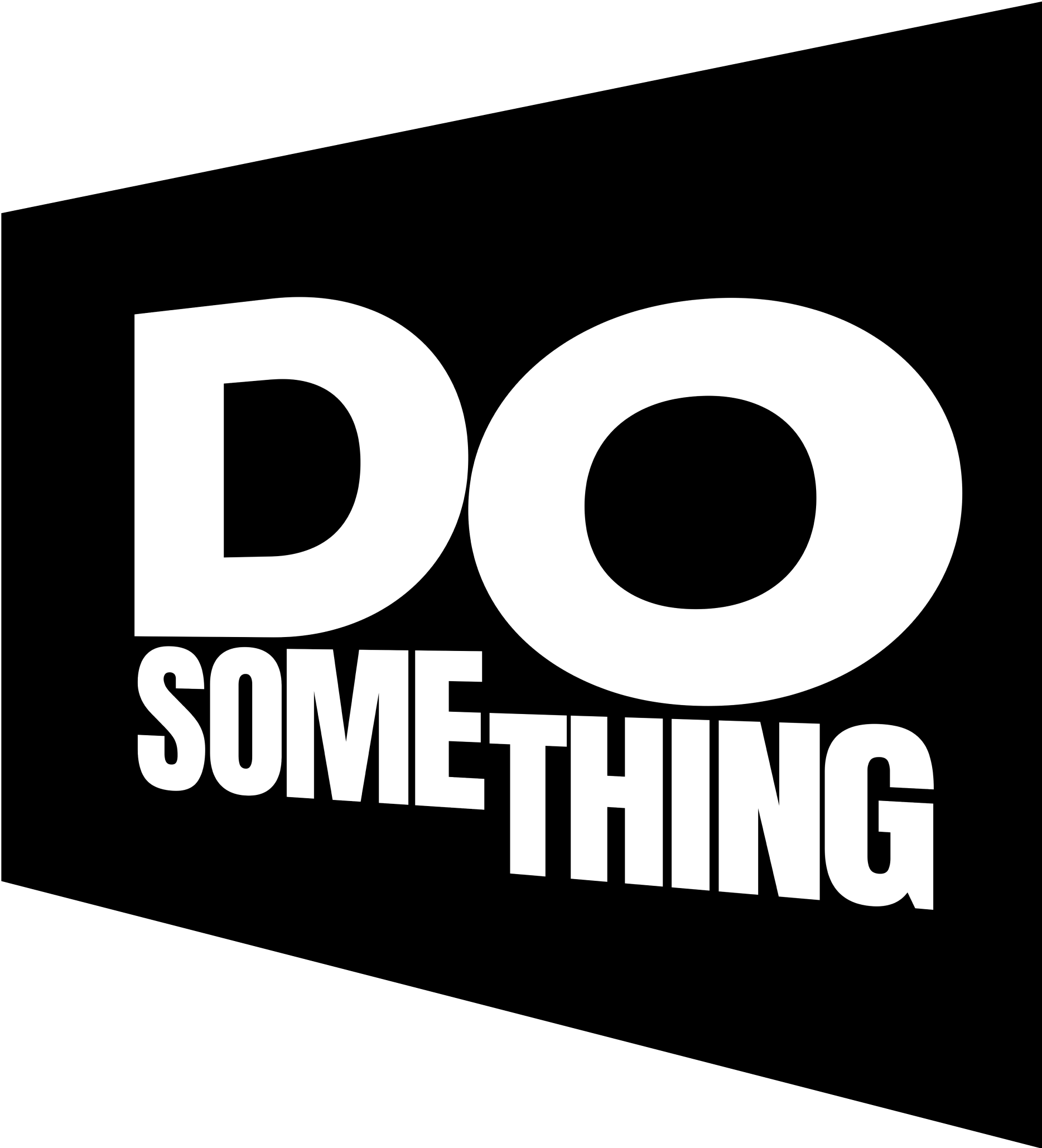11 Facts About Racial Discrimination
And what you can do about it.

Welcome to DoSomething.org, a global movement of millions of young people making positive change, online and off. The 11 facts you want are below, and the sources for the facts are at the very bottom of the page. After you learn something, Do Something. Find out how to take action here.
- During the 2015–2016 school year, Black students represented only 15% of total US student enrollment, but they made up 35% of students suspended once, 44% of students suspended more than once, and 36% of students expelled. The US Department of Education concluded that this disparity is “not explained by more frequent or more serious misbehavior by students of color.”^[US Department of Education, Office of Civil Rights. “2015-16 Civil Rights Data Collection: School Climate and Safety.” https://www2.ed.gov/about/offices/list/ocr/docs/school-climate-and-safety.pdf. Accessed Feb. 5, 2020.]
- In New York City, 88% of police stops in 2018 involved Black and Latinx people, while 10% involved white people. (Of those stops, 70% were completely innocent.)^[New York Civil Liberties Union. “Stop-and-Frisk Data.” https://www.nyclu.org/en/stop-and-frisk-data. Accessed Feb. 5, 2020.]
- In one US survey, 15.8% of students reported experiencing race-based bullying or harassment. Research has found significant associations between racial bullying and negative mental and physical health in students.^[Russell et al. “Adolescent Health and Harassment Based on Discriminatory Bias.” https://www.ncbi.nlm.nih.gov/pmc/articles/PMC3487669/. Accessed Feb. 5, 2020. Rosenthal et al. “Weight and Race Based Bullying: Health Associations Among Urban Adolescents.” http://www.uconnruddcenter.org/resources/upload/docs/what/communities/WeightRaceBullying_PhysicalHealth_JOHP_10.13.pdf. Accessed Feb. 5, 2020.]
- From 2013 to 2017, white patients in the US received better quality health care than about 34% of Hispanic patients, 40% of Black patients, and 40% of Native American patients.^[Agency for Healthcare Research and Quality. “National Healthcare Quality and Disparities Report.” https://www.ahrq.gov/sites/default/files/wysiwyg/research/findings/nhqrdr/2018qdr-final.pdf. Accessed Feb. 5, 2020.]
- Black women are 3 to 4 times more likely to experience a pregnancy-related death than white women, even at similar levels of income and education.^[National Partnership for Women and Families. “Black Women’s Maternal Health.” https://www.nationalpartnership.org/our-work/health/reports/black-womens-maternal-health.html. Accessed Feb. 5, 2020.]
- Black Americans are more likely than white Americans to be arrested. Once arrested, they are more likely to be convicted, and once convicted, they are more likely to experience lengthy prison sentences.^[The Sentencing Project. “Report to the United Nations on Racial Disparities in the U.S. Criminal Justice System.” https://www.sentencingproject.org/publications/un-report-on-racial-disparities/. Accessed Feb. 5, 2020.]
- Black Americans and white Americans use drugs at similar rates, but Black Americans are 6 times more likely to be arrested for it.^[NAACP. “Criminal Justice Fact Sheet.” https://www.naacp.org/criminal-justice-fact-sheet/. Accessed Feb. 4, 2020.]
- On average, Black men in the US receive sentences that are 19.1% longer than those of white men convicted for the same crimes.^[US Sentencing Commision. “Demographic Differences in Sentencing.” https://www.ussc.gov/research/research-reports/demographic-differences-sentencing. Accessed Feb. 5, 2020.]
- In the US, Black individuals are twice as likely to be unemployed than white individuals. Once employed, Black individuals earn nearly 25% less than their white counterparts.^[Abdul Latif Jameel Poverty Action Lab. “Discrimination in the Job Market in the United States.” https://www.povertyactionlab.org/evaluation/discrimination-job-market-united-states. Accessed Feb. 5, 2020.]
- One US study found that job resumes with traditionally white-sounding names received 50% more callbacks than those with traditionally Black names.^[Abdul Latif Jameel Poverty Action Lab. “Discrimination in the Job Market in the United States.” https://www.povertyactionlab.org/evaluation/discrimination-job-market-united-states. Accessed Feb. 5, 2020.]
- In the US, Black workers are less likely than white workers to be employed in a job that is consistent with their level of education.^[Economic Policy Institute. “Black Workers Endure Persistent Racial Disparities In Employment Outcomes.” https://www.epi.org/publication/labor-day-2019-racial-disparities-in-employment/. Accessed Feb. 5, 2020.]
GET INVOLVED
Make a difference in your community and add your vision to the future of our democracy
